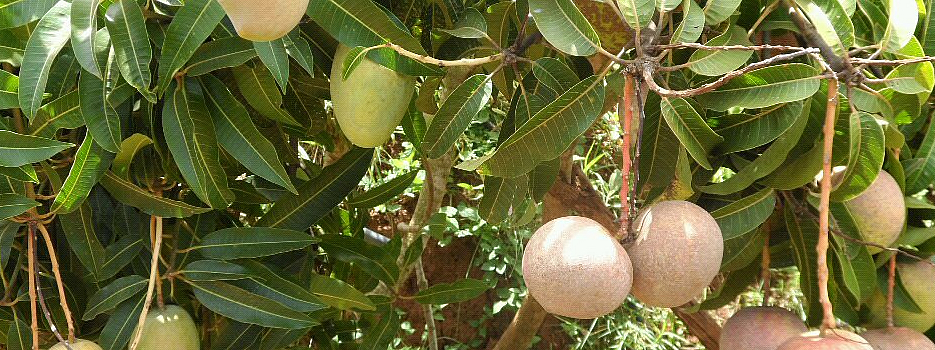
A Kitui County farmer is enjoying improved annual yields from grafted mangoes in his one acre farm from 500 fruits per tree to 1000 fruits after abandoning growing local varieties of mangoes
Stephen Musyoka who used to grow traditional variety of mangoes is one of the beneficiaries of free trainings on grafted mangoes offered in 2016 by Rise Kenya, a non-profit organization which also built a fruit’s processing equipment in the county to help farmers with the ready market.
RELATED ARTICLE: Value addition improves livelihoods of mango farmers in Kitui
“I am growing Ngowe variety of mangoes using grafting technique and I harvest more fruits from my 100 tress than I used to two years ago,” said Musyoka.
“Moreover, growing mangoes by seeds takes longer to produce fruit and are more difficult to manage than those that have been grafted, thus mango tree grafting is my preferred method of growing the fruit.”
This technique has also seen other farmers who used to grow other crops such as maize abandon the venture for grafted mangoes due to climatic change that has seen the county receive little rainfall making such crops unsuitable for the area.
RELATED ARTICLE: Farmers group help Makueni farmers milk cash from mangoes
“Kitui is one of the arid and semi-arid areas. Farmers in these areas are now forced to adjust and or adopt new farming techniques or embrace crops that are suitable for such conditions such as mangoes. Grafting technique adopted by Kitui mango farmers is a big hope,” said Charles Muthui Kang’ethe, National Farmers Informational Service (NAFIS), Kitui County.
“Mango tree grafting is the most reliable and economical method of mango propagation.”
Musyoka who is currently harvesting his mangoes sells the fruits to the processing plant by Rise Kenya via the agents of the factory who come sort and ferry the fruits to the company. He ripens the remaining fruits which are then sold in the nearby business centres.
RELATED ARTICLE: Drying mangoes saves farmers post-harvest loses
The mangoes are packed in 5kg cartons which carry mangoes sizes between 9 and 10. He is paid in a week time after delivery depending on the weight of the mangoes delivered.
Before farmers sold all their mangoes in the market, resulting in lower prices and wastage with many unsold mangoes left to rot.
The trainings by Rise Kenya has helped farmers like Musyoka reduce post-harvest losses which is 40 per cent in Kenya. This is due to poor harvesting and post-harvest handling methods, wanting storage, transportation and packaging.
RELATED ARTICLE: Middle East market craves for more Kenyan mangoes
Ngowe mango variety accounts for 17 per cent production in Kenya and it is preferred by processors, in addition to Tommy Atkins, Van Dyke and Kent. It is also resistant to anthracnose disease.
Mwingi District for example has one of the highest population of indigenous mangoes in the whole country. However, eight out of every 10 ripe mangoes go to waste while in the hands of farmers according to Jomo Kenyatta University of Agriculture and Technology (JKUAT) research.
During the mango peak season, a sack of ripe mangoes fetches a paltry Sh1000 therefore selling to the factory becomes more profitable.
RELATED ARTICLE: Kenyan mangoes have a ripe market in Japan
Kerio Valley Development Authority sells grafted mango seedlings at Sh120 each and they can be reached on +254 (053) 20633661-2
















Comments powered by CComment